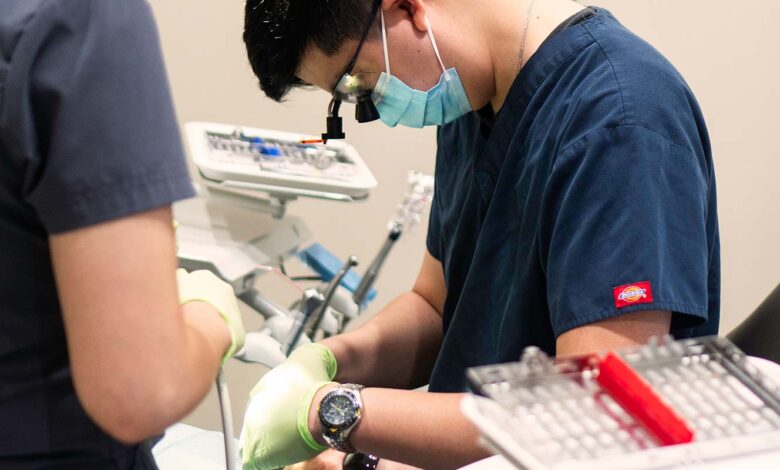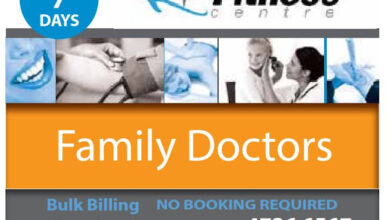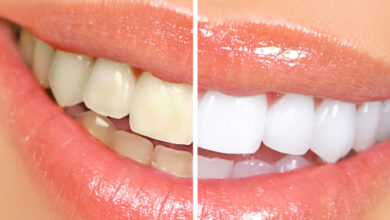What Are the Advantages of Treating Impacted Wisdom Teeth and Cavity Filling Early?

Maintaining good oral health is essential for overall well-being. Dental issues like impacted wisdom teeth and cavities are common problems that can cause discomfort, pain, and long-term complications if left untreated. Addressing these issues promptly through procedures such as cavity filling and treating impacted wisdom teeth offers several advantages. In this article, we will explore the importance of early intervention for these dental concerns and how timely treatments can improve your oral health and prevent further complications.
What Are Impacted Wisdom Teeth?
Wisdom teeth, also known as third molars, are the last set of teeth to emerge, typically in the late teens or early twenties. Impacted wisdom teeth occur when these molars don’t have enough space to fully emerge or develop properly. This can lead to the teeth becoming trapped in the jawbone or gums, which causes them to grow at odd angles or even remain partially erupted.
Signs and Symptoms of Impacted Wisdom Teeth
Impacted wisdom teeth may not always cause symptoms, but when they do, it can lead to:
- Pain and discomfort at the back of the mouth
- Swelling, redness, or infection of the gums
- Difficulty opening the mouth
- Headaches or jaw pain
- Bad breath due to infection or trapped food particles
Ignoring these symptoms can result in severe issues such as infections, cysts, or even damage to adjacent teeth.
The Benefits of Early Treatment for Impacted Wisdom Teeth
Treating impacted wisdom teeth early provides significant advantages, particularly in preventing more serious complications down the road. Here are the key benefits of addressing impacted wisdom teeth in a timely manner:
Prevention of Infection and Gum Disease
Impacted wisdom teeth are often partially erupted, which can create pockets where bacteria can accumulate, leading to infections. Early removal of these teeth helps reduce the risk of developing infections such as pericoronitis, which can affect the surrounding gums and teeth.
Avoid Damage to Nearby Teeth
An impacted wisdom tooth may push against neighboring molars, causing them to shift out of alignment. This can lead to crowding or damage to adjacent teeth. By removing impacted wisdom teeth early, you can prevent potential damage to other healthy teeth.
Reduction of Pain and Discomfort
Impacted wisdom teeth can cause significant pain due to pressure against other teeth or inflammation of the surrounding gums. Removing them early alleviates this discomfort and prevents the issue from worsening.
Lower Risk of Cysts and Tumors
In some cases, impacted wisdom teeth can form cysts or tumors in the jawbone. These growths can damage the bone and nearby teeth, leading to more extensive treatments. Removing the teeth early reduces this risk.
What Is a Cavity and How Does It Develop?
Cavities, also known as dental caries or tooth decay, develop when the tooth enamel is eroded by acids produced by bacteria in the mouth. When we consume sugary or starchy foods, the bacteria feed on these carbohydrates and produce acids that wear away the enamel, forming tiny holes or cavities. If left untreated, cavities can progress into deeper layers of the tooth, leading to pain, infections, and even tooth loss.
Common Signs of a Cavity
- Tooth sensitivity, especially to hot, cold, or sweet foods
- Visible holes or pits in the teeth
- Discoloration or dark spots on the tooth surface
- Pain or discomfort when biting or chewing
Advantages of Early Cavity Filling
Cavity filling is a straightforward dental procedure where the dentist removes the decayed portion of the tooth and fills the cavity with a material such as composite resin, amalgam, or gold. Early cavity filling offers numerous advantages, and addressing tooth decay in its early stages can save your teeth from further damage.
Prevent Further Decay
Once a cavity has formed, the decay process will continue if left untreated. Early intervention through cavity filling prevents the decay from spreading to deeper layers of the tooth, reducing the risk of needing more invasive procedures such as root canals or extractions.
Maintain Tooth Structure
Filling a cavity early helps preserve the natural tooth structure. If the decay reaches the inner layers of the tooth, more of the tooth may need to be removed during treatment, compromising the tooth’s strength and function. By filling cavities early, you can retain more of your natural tooth.
Avoid Tooth Pain and Sensitivity
Cavities can cause toothaches and sensitivity to temperature changes or sweet foods. Filling the cavity promptly eliminates the source of pain and prevents future discomfort.
Prevent Infections
Untreated cavities can lead to infections in the pulp of the tooth, which may result in the need for a root canal or, in severe cases, extraction. By filling cavities early, you significantly reduce the risk of infection spreading and causing more serious oral health issues.
Why Early Treatment Is Key to Long-Term Oral Health
Taking care of dental problems like impacted wisdom teeth and cavities as soon as they arise is critical for maintaining long-term oral health. Early intervention can save you from costly and complex dental procedures down the line. Here’s why acting quickly is essential:
Cost-Effective Treatment
Dental problems become more complicated and expensive to treat the longer they are left unattended. Early removal of impacted wisdom teeth or filling cavities in their early stages is generally more affordable than the extensive treatments required if the condition progresses.
Minimally Invasive Procedures
The earlier you address dental issues, the simpler and less invasive the treatment tends to be. For instance, filling a small cavity is far less invasive than treating a deep cavity that requires a crown or root canal. Similarly, extracting impacted wisdom teeth before they cause complications is less complex than waiting until they cause significant damage.
Better Overall Health
Oral health is closely linked to overall health. Dental infections can spread to other parts of the body, leading to systemic health issues such as cardiovascular disease or respiratory infections. By addressing dental problems like cavities and impacted wisdom teeth early, you protect your overall health.
Conclusion: Take Action Early for Healthier Teeth
In conclusion, treating impacted wisdom teeth and filling cavities early offers numerous advantages that can improve your oral health, save your teeth, and prevent painful complications. Whether it’s the prevention of gum disease, infections, or the need for more invasive treatments, early intervention is the best strategy for maintaining a healthy smile. Don’t wait for discomfort to become unbearable—schedule a dental appointment to address these common oral health issues promptly.




